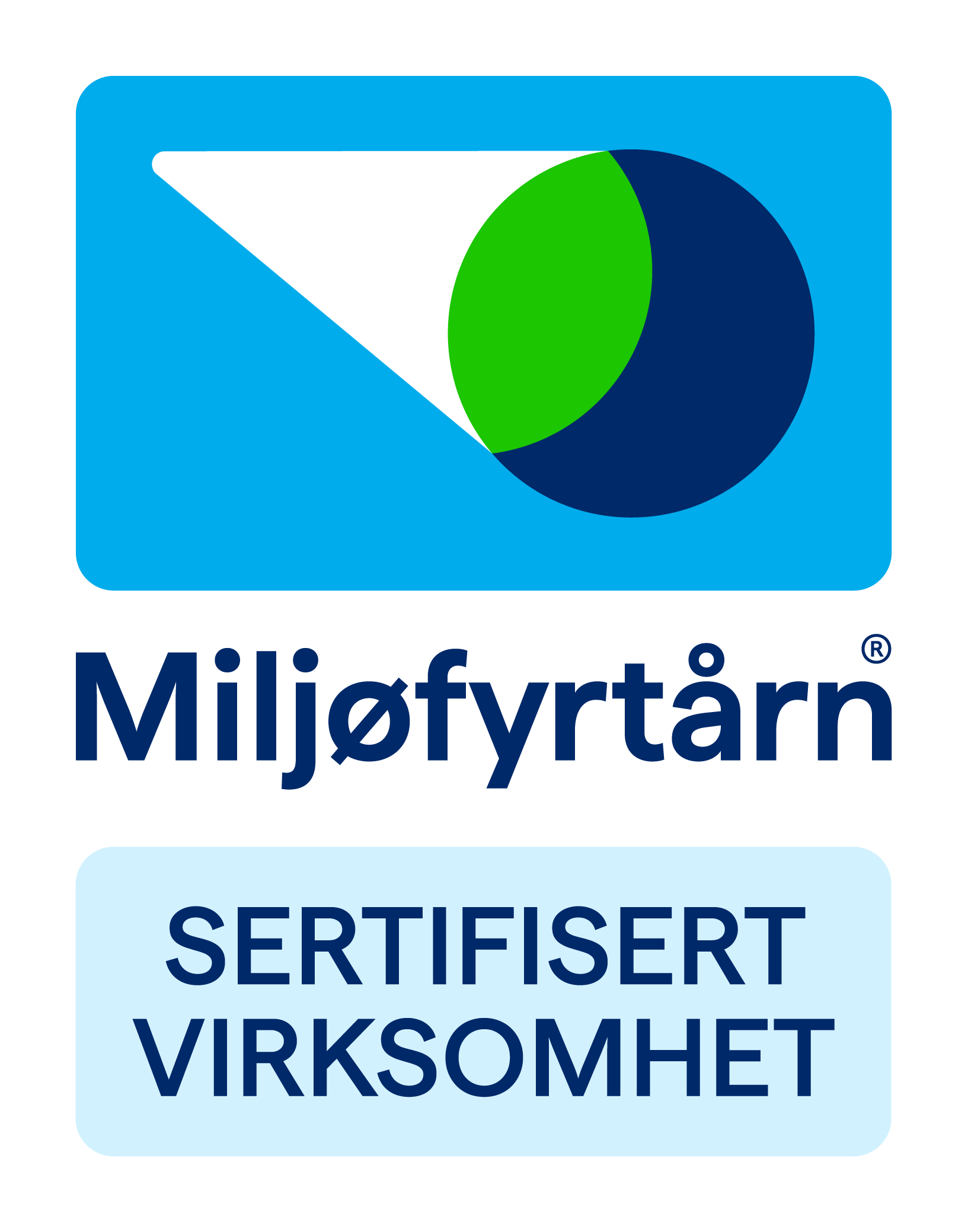
My Planner
To build your own Itinerary, click  to add an item to your Itinerary basket.
to add an item to your Itinerary basket.
Already saved an Itinerary?
Sustainable travelling
WHAT IS SUSTAINABLE TOURISM?
UNWTO has defined sustainable tourism in terms of environmental and cultural protection, social equity and life quality, and economic viability.
UNTO ON SUSTAINABLE TOURISM
The three main goals contains ten sub goals that define sustainable behavior.
1. CULTURAL RICHNESS
To respect and enhance the historic heritage, authentic culture, traditions and distinctiveness of host communities/local destinations.
2. PHYSICAL INTEGRITY OF LANDSCAPES
TO MAINTAIN AND ENHANCE THE QUALITY OF LANDSCAPES, BOTH URBAN AND RURAL, SO THAT THE PHYSICAL AND VISUAL INTEGRITY IS NOT DEGRADED.
 Foto: Erik Sandnes Høsøien
Foto: Erik Sandnes Høsøien
3. BIOLOGICAL DIVERSITY
To support the conservation of natural areas, habitats and wildlife, and minimize damage to them.
4. ENVIRONMENTAL PURITY AND RESOURCE EFFICIENCY
To minimize the pollution of air, water and land (including noise pollution), the generation of waste by tourism enterprises and visitors, and the use of scarce and non-renewable resources.
5. LOCAL QUALITY OF LIFE AND SOCIAL PROSPERITY
To maintain and strengthen the quality of life in local communities, including access to resources, amenities and social benefits for all, avoiding any form of social degradation or exploitation.
6. LOCAL CONTROL AND INVOLVEMENT
To engage and empower local communities in planning and decision making about the management and future development of tourism in their area, in consultation with other stakeholders.
7. EMPLOYMENT QUALITY
To strengthen the quality of local jobs created and support by tourism, including the level of pay, conditions of service and availability to all without discrimination by gender, race, disability or in any other ways.
8. VISITOR FULFILLMENT
TO PROVIDE A SAFE, SATISFYING AND FULFILLING EXPERIENCE FOR VISITORS, AVAILABLE TO ALL WITHOUT DISCRIMINATION BY GENDER, RACE, DIASBILITY OR IN ANY OTHER WAYS.
9. ECONOMICALLY VIABLE TOURISM DESTINATIONS THROUGH LOCAL VALUE CREATION
To ensure the viability and competitiveness of tourism destinations and enterprises, and maximize tourisms local contribution and visitor spending, so that destinations are able to continue to prosper and deliver benefits in the long term.
10. ECONOMICALLY VIABLE TOURISM ENTERPRISES
To ensure the viability and competitiveness for tourism enterprises so that they are able to continue to prosper and deliver benefits in the long term.






